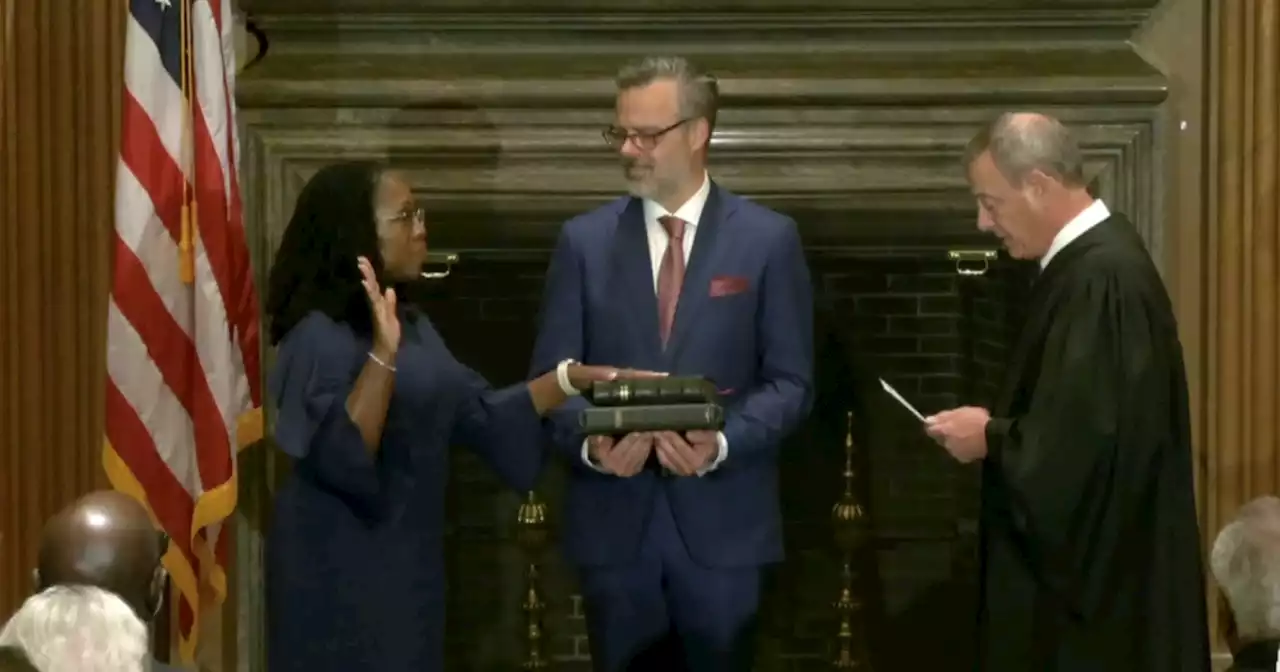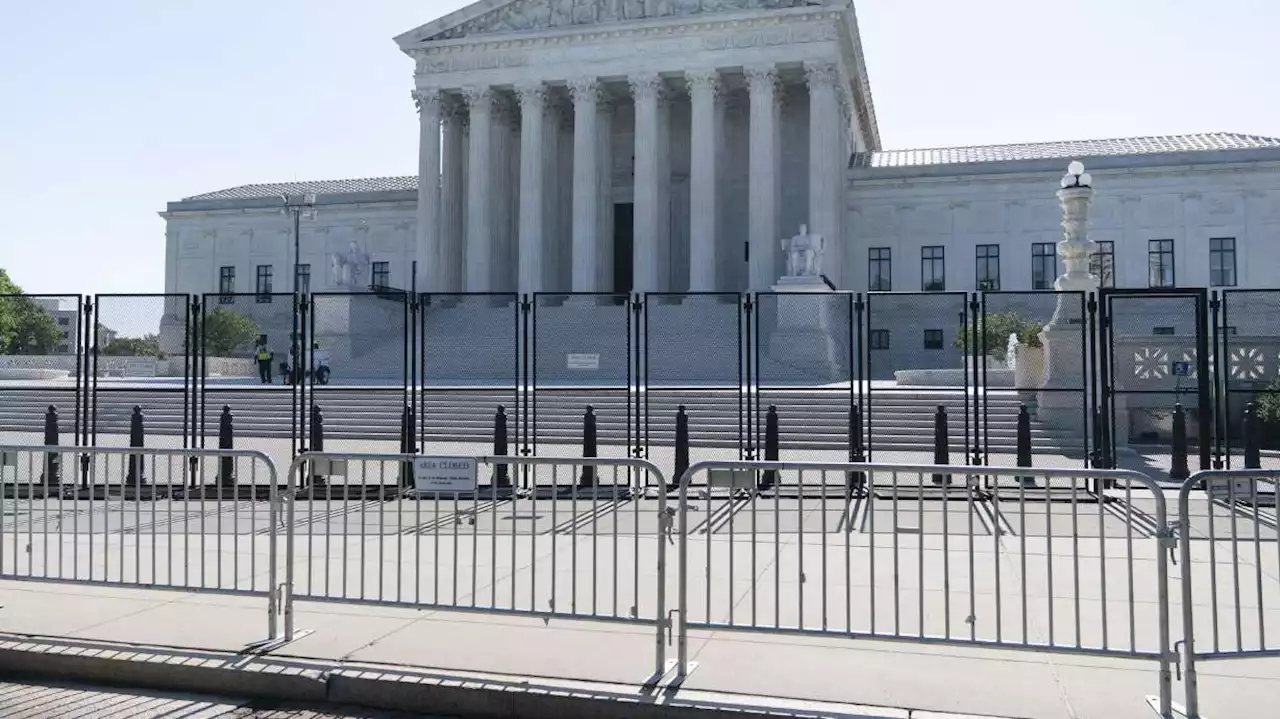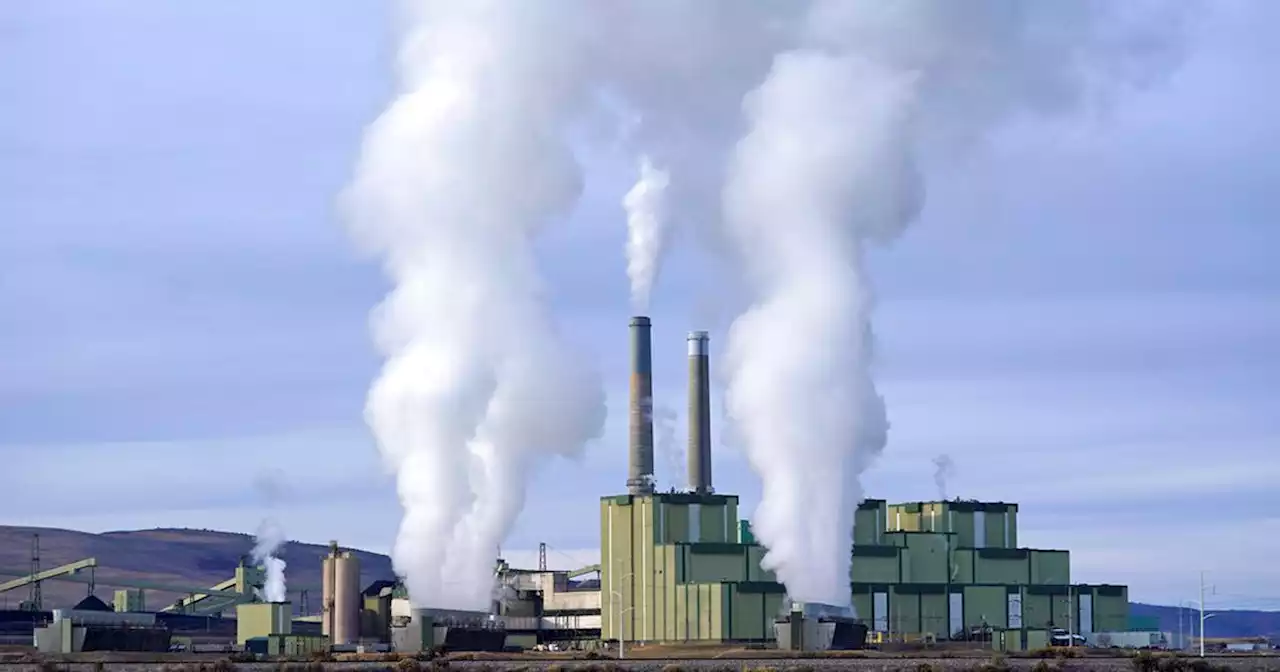'Time is not on our side when it comes to climate change.' Chief meteorologist ginger_zee breaks down the Supreme Court's ruling that limits the EPA's ability to regulate greenhouse gas emissions, and how that impacts the fight against climate change.
Roughly 90% of West Virginia's electricity is generated by burning coal, well above the national average of less than a quarter coal-powered energy, according to the U.S. Energy Information Administration.The case involved how far the federal government could go in regulating greenhouse gas emissions from power plants.
"…Capping carbon dioxide emissions at a level that will force a nationwide transition away from the use of coal to generate electricity may be a sensible 'solution to the crisis of the day.' But it is not plausible that Congress gave EPA the authority to adopt on its own such a regulatory scheme in Section 111 [of the Clean Air Act]," Roberts wrote.
The landmark Clean Air Act of 1970 charged EPA with protecting human health from dangerous airborne contaminants, which the Supreme Court has twice affirmed to include greenhouse gasses. The U.S. power sector is the nation's second-largest source of greenhouse gas emissions with more than 3,300 fossil fuel-fired power plants, including 284 coal-fired facilities, according to the Energy Information Agency.
Brasil Últimas Notícias, Brasil Manchetes
Similar News:Você também pode ler notícias semelhantes a esta que coletamos de outras fontes de notícias.
 Ketanji Brown Jackson sworn in as Supreme Court justice, becoming first Black woman on high courtBREAKING: Ketanji Brown Jackson was sworn as an associate justice of the Supreme Court on Thursday, officially taking her place in history as the first Black woman to serve on the nation's highest court.
Ketanji Brown Jackson sworn in as Supreme Court justice, becoming first Black woman on high courtBREAKING: Ketanji Brown Jackson was sworn as an associate justice of the Supreme Court on Thursday, officially taking her place in history as the first Black woman to serve on the nation's highest court.
Consulte Mais informação »
 Supreme Court Justice Ketanji Brown Jackson sworn in, becoming first Black woman on high courtKetanji Brown Jackson was sworn in as the newest Supreme Court justice on Thursday, taking the oaths immediately folllowing the retirement of Justice Stephen Breyer.
Supreme Court Justice Ketanji Brown Jackson sworn in, becoming first Black woman on high courtKetanji Brown Jackson was sworn in as the newest Supreme Court justice on Thursday, taking the oaths immediately folllowing the retirement of Justice Stephen Breyer.
Consulte Mais informação »
 Supreme Court limits EPA in curbing power plant emissionsIn a blow to the fight against climate change, the Supreme Court has limited how the nation’s main anti-air pollution law can be used to reduce carbon dioxide emissions from power plants.
Supreme Court limits EPA in curbing power plant emissionsIn a blow to the fight against climate change, the Supreme Court has limited how the nation’s main anti-air pollution law can be used to reduce carbon dioxide emissions from power plants.
Consulte Mais informação »
 Supreme Court deals Biden climate agenda serious blow with EPA decisionThe Supreme Court ruled in the case of West Virginia v. EPA, a case that had potential major implications for the Biden administration's climate change agenda.
Supreme Court deals Biden climate agenda serious blow with EPA decisionThe Supreme Court ruled in the case of West Virginia v. EPA, a case that had potential major implications for the Biden administration's climate change agenda.
Consulte Mais informação »
 Supreme Court limits EPA in curbing power plant emissionsIn a blow to the fight against climate change, the Supreme Court has limited how the nation's main anti-air pollution law can be used to reduce carbon dioxide emissions from power plants.
Supreme Court limits EPA in curbing power plant emissionsIn a blow to the fight against climate change, the Supreme Court has limited how the nation's main anti-air pollution law can be used to reduce carbon dioxide emissions from power plants.
Consulte Mais informação »
 Supreme Court limits EPA in curbing power plant emissionsIn a blow to the fight against climate change, the Supreme Court has limited how the nation’s main anti-air pollution law can be used to reduce carbon dioxide emissions from power plants. By a 6-3 vote Thursday, with conservatives in the majority, the court said that the Clean Air Act does not give the Environmental Protection Agency broad authority to regulate greenhouse gas emissions from power plants that contribute to global warming. Instead, the EPA is limited to plant-by-plant regulation, the high court said. The court’s ruling could complicate the administration’s plans to combat climate change.
Supreme Court limits EPA in curbing power plant emissionsIn a blow to the fight against climate change, the Supreme Court has limited how the nation’s main anti-air pollution law can be used to reduce carbon dioxide emissions from power plants. By a 6-3 vote Thursday, with conservatives in the majority, the court said that the Clean Air Act does not give the Environmental Protection Agency broad authority to regulate greenhouse gas emissions from power plants that contribute to global warming. Instead, the EPA is limited to plant-by-plant regulation, the high court said. The court’s ruling could complicate the administration’s plans to combat climate change.
Consulte Mais informação »
